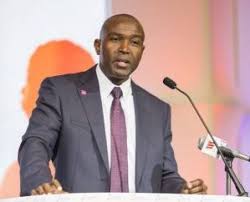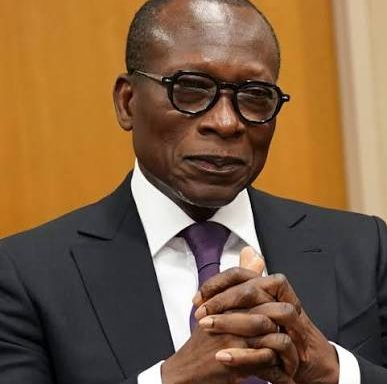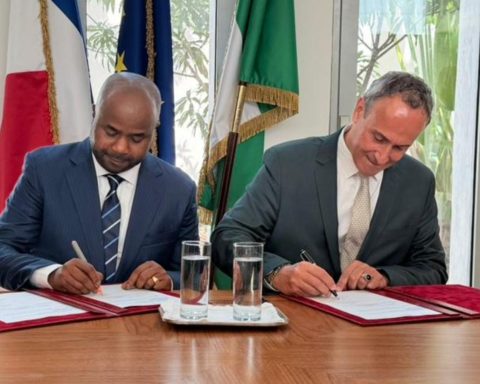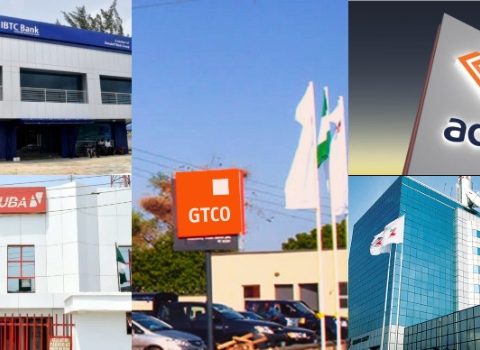The Executive Order on oil and gas reforms signed recently by Present Bola Ahmed Tinubu will play a pivotal role in unlocking the development of non-associated gas (NAG) in Nigeria, says Managing Director and Chief Executive Officer of Nigeria LNG Limited (NLNG), Dr. Philip Mshelbila.
According to Dr Mshelbila, the reforms will therefore drive domestic gas utilisation, ensuring a stable gas supply for NLNG’s growth project, Train 7.
Join our WhatsApp ChannelSpeaking in an interview on Arise News Global Business Report programme on Tuesday, Dr Mshelbila highlighted the significant impact of the Executive Order on the oil and gas industry.
The NLNG boss observed that Nigeria has about 38 per cent of the total oil and gas reserves in Africa but only able to attract 5 per cent investment into the sector due to challenges in the business environment which discourage investors.
He expressed optimism that the Executive Order would address those challenges and promote ease of doing business to encourage investment inflow into the sector.
“Nigeria holds somewhere about 38% of the reserves in Africa. However, we have only been able to attract about 5% of investment in oil and gas. This means we are punching way below our weight when attracting investment. And there’s a reason for this. Part of it is that when people want to invest, they look for certain things – returns, low risks and ease of business. If you focus on the fiscals in the Executive Order, what the government has done is look at areas that have not been addressed by the Petroleum Industry Act (PIA) or other fiscal laws that are in existence. One of those areas is what we refer to typically as Dry Gas or Non-Associated Gas (NAG).”
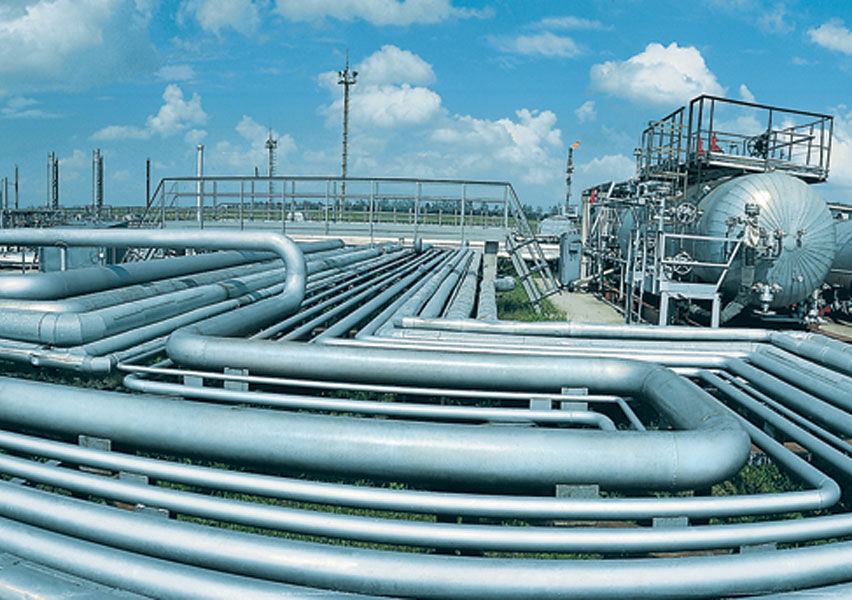
READ ALSO: NCDMB Hails Tinubu’s Oil Sector’s Executive Orders, Says It Reinforces NOGICD Act, SLA
Explaining further about the impact, the NLNG MD said: “When natural gas occurs in the reservoirs, typically and very often, it occurs together with oil or other liquids like condensate. So, when you produce them together, you can sell the oil or the condensate and make enough money to cover your spending on developing the gas. Where you have non-associated gas, the gas is occurring alone, and you don’t have the benefit of the revenue from the condensate or the crude oil. You need to invest more to develop that gas because you don’t have that offset.
“So, one of the things that the presidential directive has done is to enable those who want to develop NAG to get the benefit of tax credits over the first 10 years of the project, after which it becomes a tax allowance. From here, they can recover their investment in NAG through those tax credits. We haven’t had this before. There are a lot of NAG fields, both onshore and in the shallow waters that have not been developed. Hopefully, this incentive will unlock the investments within this area.”
Impact of Executive Order On NLNG Train 7
He also pointed out that one of the directives in the Executive Order will help them unlock gas supply into the Train 7 project which according to him, was well at 60 per cent completion status.
“One of the directives in the Executive Order is one of the things that will help us unlock the gas supply into Train 7,” he noted.
Nigeria LNG Train 7 is an ambitious project that will increase the NLNG Terminal production capacity by 35 per cent from the current 22mtpa to 30mtpa. The project worth over $4 billion located at the Nigeria LNG Terminal in Bonny Island, Nigeria, is scheduled for commissioning this year.
Regarding the government’s directive to halt LPG exports, Dr. Philip Mshelbila stated that NLNG domesticated LPG supply in 2022 when the Board of Directors of the Company decided to supply 100% of its LPG production to the domestic market, two years prior to the government’s announcement.
He emphasized that since 2007, NLNG had shown an unwavering commitment to supplying LPG to the market.
He pointed out that while the domestic market has absorbed all of the Butane, which is primarily used for cooking, the adoption of Propane, which is primarily used for transportation, power generation, and other industrial uses, has been slower due to infrastructural challenges. He added that NLNG was collaborating with market stakeholders to support Propane’s infrastructural development.
Victor Ezeja is a passionate journalist with seven years of experience writing on economy, politics and energy. He holds a Master's degree in Mass Communication.


